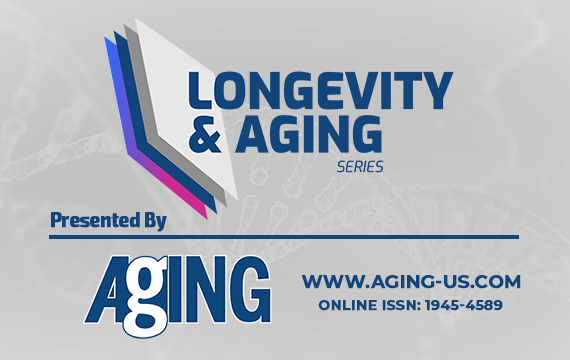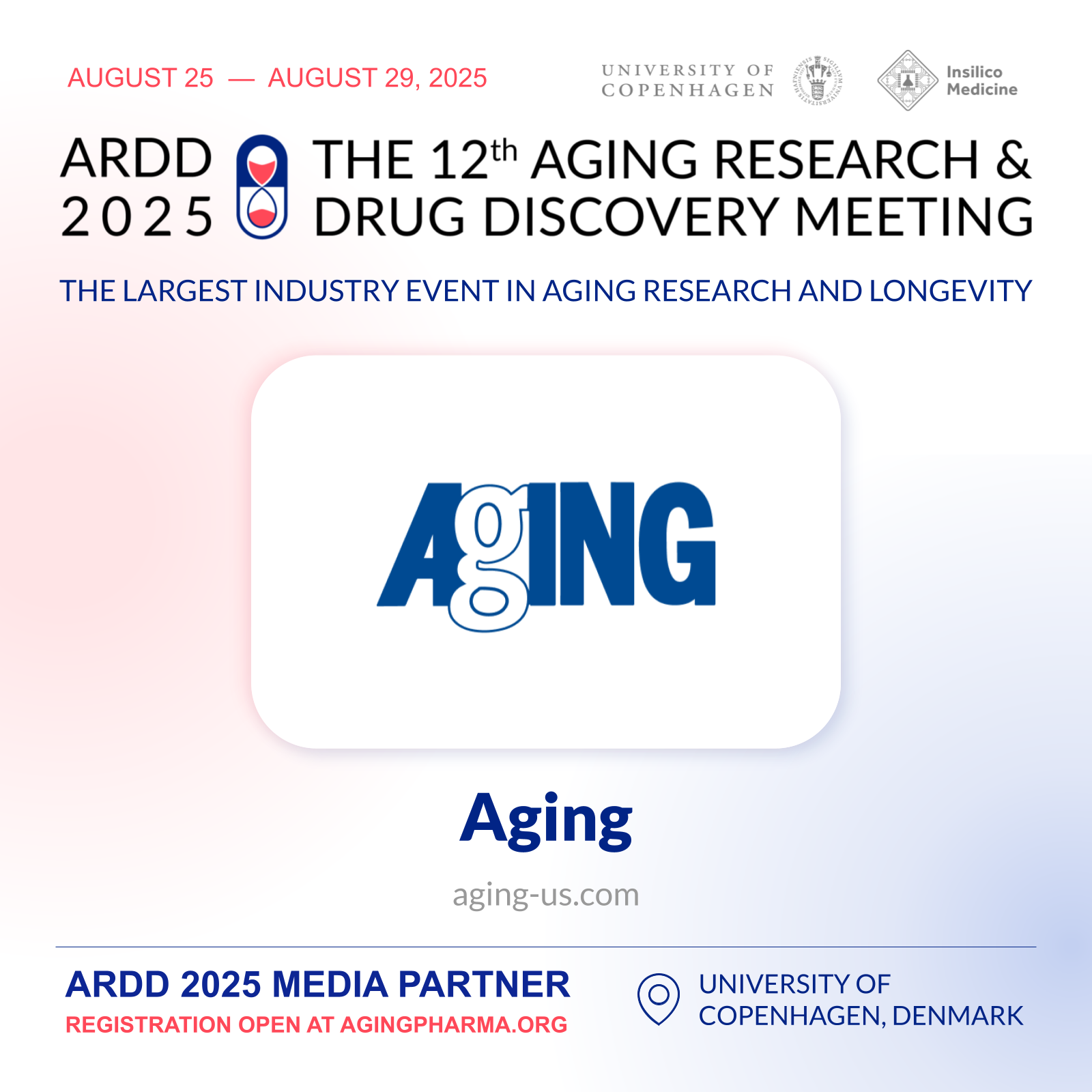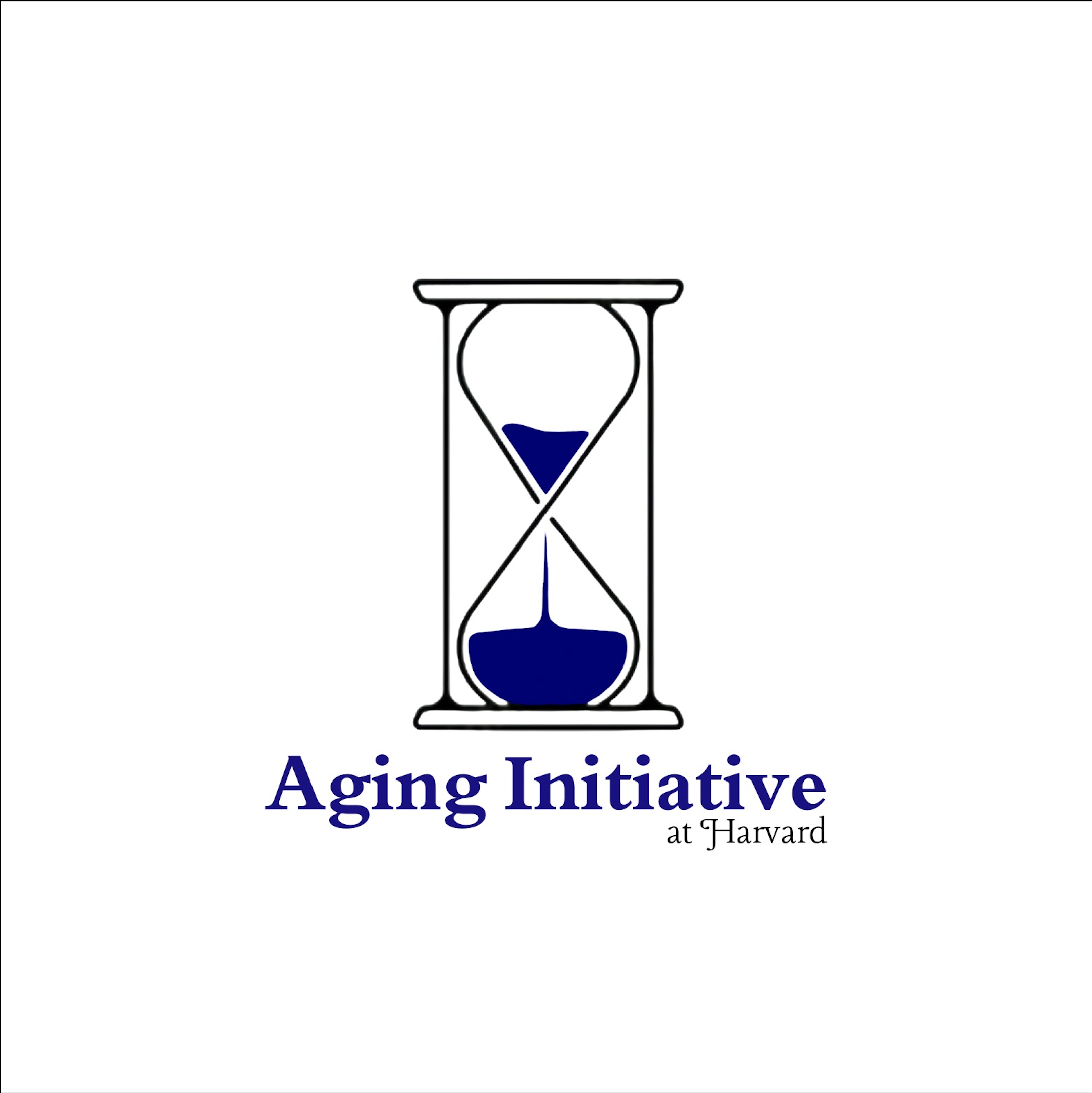Research Paper Volume 15, Issue 23 pp 14292—14305
Delivering umbilical cord mesenchymal stem cell exosomes through hydrogel ameliorates vaginal atrophy in ovariectomized rats
- 1 Gannan Medical University, Ganzhou 341000, Jiangxi, China
- 2 Savaid Medical School, University of Chinese Academy of Sciences, Huairou 101400, Beijing, China
- 3 Department of Orthopedics, Peking University International Hospital, Changping 102206, Beijing, China
Received: August 9, 2023 Accepted: November 6, 2023 Published: December 6, 2023
https://doi.org/10.18632/aging.205302How to Cite
Copyright: © 2023 Zhang et al. This is an open access article distributed under the terms of the Creative Commons Attribution License (CC BY 4.0), which permits unrestricted use, distribution, and reproduction in any medium, provided the original author and source are credited.
Abstract
Background: Menopausal and postmenopausal women often experience vaginal atrophy due to estrogen deficiency. Mesenchymal stem cell exosomes have emerged as potential therapeutic agents, capable of promoting tissue regeneration and repair. Objective: This study aimed to explore the benefits of exosomes on VK2 cells and the therapeutic effect of topical exosomal hydrogel on atrophic vaginas.
Methods: Exosomes were extracted using the high-speed centrifugation method, and their effects on VK2 cell proliferation, migration, and differentiation were observed through co-culture. The menopause model was induced by ovariectomy in rats, followed by the injection of exosome-loaded hydrogel into their vaginas. The treatment's effectiveness was evaluated by measuring vaginal epithelium thickness using HE staining, and assessing vaginal mucosa proliferation and lamina propria angiogenesis using Ki67 and anti-CD31 staining, respectively.
Results: Exosomes significantly promoted VK2 cell proliferation and migration, but had no significant effect on differentiation. The exosome hydrogel increased the expression of Ki67 and CD31, leading to a significant improvement in epithelial thickness.
Conclusions: UcMSC- ex can stimulate the proliferation and migration of VK2 cells, but do not appear to promote differentiation. Topical application of exosome hydrogel enhances vaginal epithelium thickness to a certain degree, offering a promising non-hormonal therapeutic strategy to alleviate vaginal atrophy in postmenopausal women.







